Nadir Dedic; photo: Jarek Praszkiewicz.
2 August 2019
Nadir Dedic
Holocaust survivor and partisan
Commemoration speech at the Roma and Sinti memorial in Auschwitz-Birkenau on the occasion of the 75th anniversary of 2 August 1944 – the European Holocaust Memorial Day for Sinti and Roma 2019
Dear survivors, dear friends,
Dear representatives of state and civil society organizations,
I am happy to be able to speak to so many people on this day and in this historic place. It is precisely because we live at a time when racism against our minority is growing again that it is important to remember the murder of our people. My name is Nadir Dedic and I was born on 7 May 1930 as the son of Muslim Roma in Bozana Gradiska in what is now northern Bosnia and Herzegovina.
At the age of 11 I was taken to the concentration camp in Jasenovac. I was one of about 40,000 Roma who were deported there between 1941 and 1945. Most of our people were brutally murdered there. A total of hundreds of thousands of people were killed in Jasenovac. During my five and a half months of imprisonment I had to do heavy forced labour in the death camp. My later wife, too, had to endure the inhuman ordeals of Jasenovac. The fact that we both survived is a miracle.
The survivors were the exception. In my family 81 men, women and children were murdered by the fascist Ustasha members. 34 of them in the death camp Jasenovac alone. Among them were my sister with her children and nieces and nephews. And Jasenovac was only one of the places where Roma were murdered. To this day, many of the mass shooting sites in former Yugoslavia have been forgotten, as have their victims.
I personally succeeded in being released from the camp only because a Croat Jose Kovacevic, a Muslim friend of my family, pretended to be his son and took me in. I stayed with him and worked as a shepherd until the Ustasha returned and confiscated our house. As Muslims we were always victims of persecution in Croatia at that time. I did not want to accept this any longer defencelessly and inactively and decided to resist. Finally, at the age of 13, I joined the partisans to fight for the independence of Yugoslavia and against fascism.
It tortures me very much that with the end of the Second World War the discrimination and exclusion of our minority did not come to an end. Quite the opposite: after the war, the atrocities against our minority were publicly denied. I could not bear this silence and repression. Since the 1970s, I have therefore been committed to raising public awareness of the Holocaust among our minority. In 1970 I initiated one of the first monuments to the Holocaust against the Yugoslav Roma. It is located in Žeravica, in today’s Bosnia and Herzegovina. Since 1986 I have been active at the Jasenovac Memorial, among other things as an active member of the Round Table.
The life and perspectives that I had painstakingly created for myself were destroyed by the Yugoslavian wars. I became homeless and had to learn to live in very sad conditions. My wife died of the consequences of our inhumane living conditions. And today I have been waiting for 9 years for the allocation of an apartment. Unfortunately I am not alone with this fate: Holocaust survivors from the Ukraine or Belarus, for example, also live in great poverty today.
It is certainly not an easy life to look back on. But above all the view into the present and the future makes me anxious and worried. When I see fascist organizations, their speeches and their actions, then I see it as an attack on myself and on what I had to experience.
That makes it all the more important to stand here today. Dear guests and especially the many young people I see here: Whether Jasenovac or Auschwitz, we must never forget what happened! I ask and appeal to you not to allow any more racism against us Roma! Stand up together for a life together based on mutual respect and not on hatred, contempt and exclusion. That is the message that this place where we are standing today is sending us.
Dziękuję bardzo.
Biografia
Nadir Dedic was born in 1930 in the municipality Bosanska Gradiska, today´s Bosnia Herzegowina. In 1942 he was captured by German soldiers and then handed over to Ustase and imprisoned in the Jasenovac concentration camp. There took place mass murder of Roma from 1942 to 1945. Among others his father Alija and his mother Kada were murdered as well as other close and distant relatives. Most of the relatives (namely 34 people named Dedič) died in concentration camps; according to his own statement a total of 81 family members were murdered. A friend of the family (Enver Hatić), brought him from the concentration camp and took him as a child of his own. With him Mr. Dedic remained and worked as a shepherd until he joined the partisans in 1943 and participated in the People’s Liberation War. In the 1970s he engaged to enlarge the public awareness about the Roma Holocaust. He also initiated the erection of the monument to Roma victims of the fascist terror in Žeravica, Bosnia Herzegowina. He was an active member of the Jasenovac Round Table in 1986. His wife Fata Dedic (*1926/1930 -2018) was also imprisoned in the Jasenovac concentration camp. Many of her relatives were murdered in concentration camps.
Przemówienia z okazji Europejskiego Dnia Pamięci o Holokauście Sinti i Romów
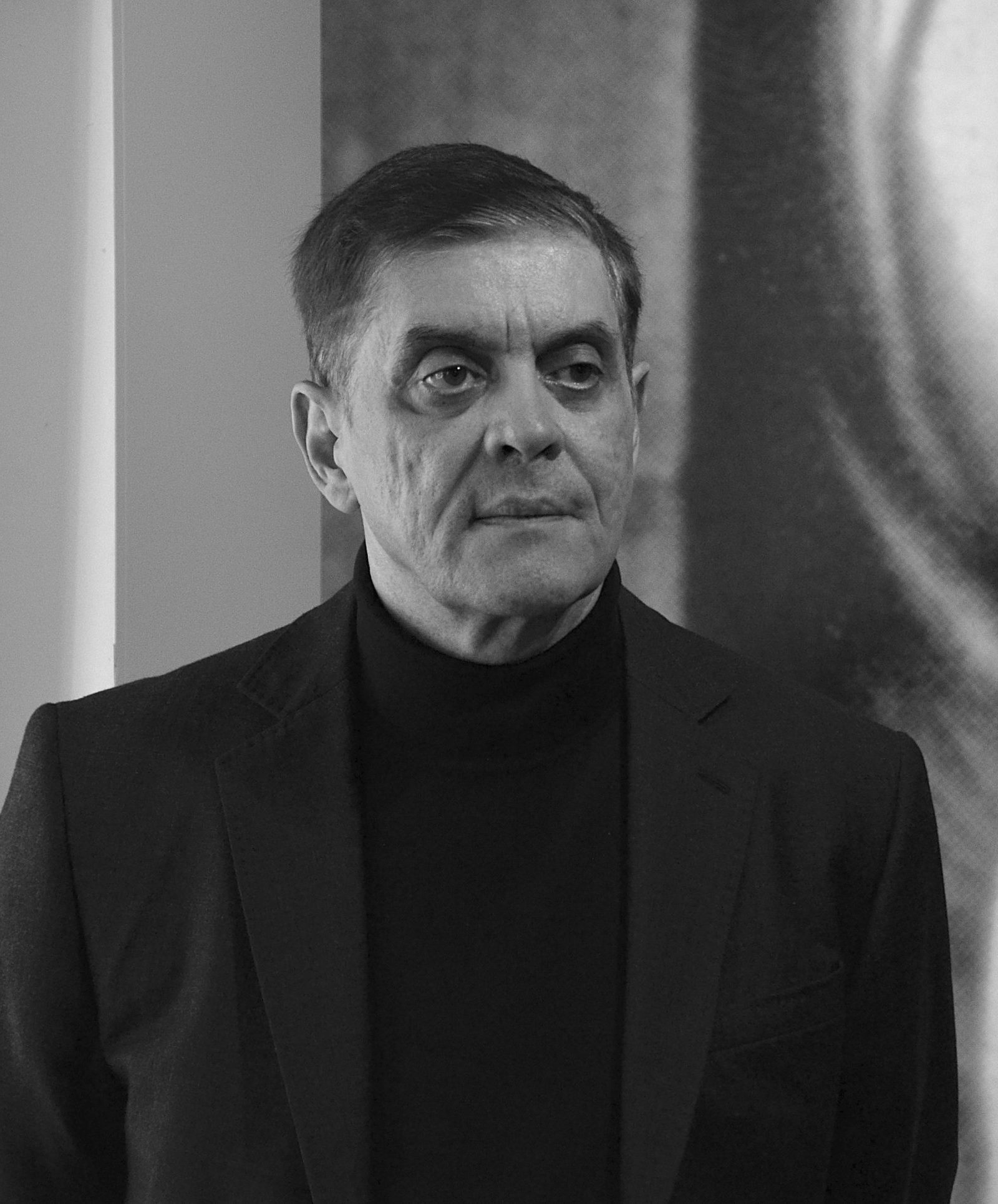
Romani Rose
Przewodniczący Centralnej Rady Niemieckich Sinti i Romów
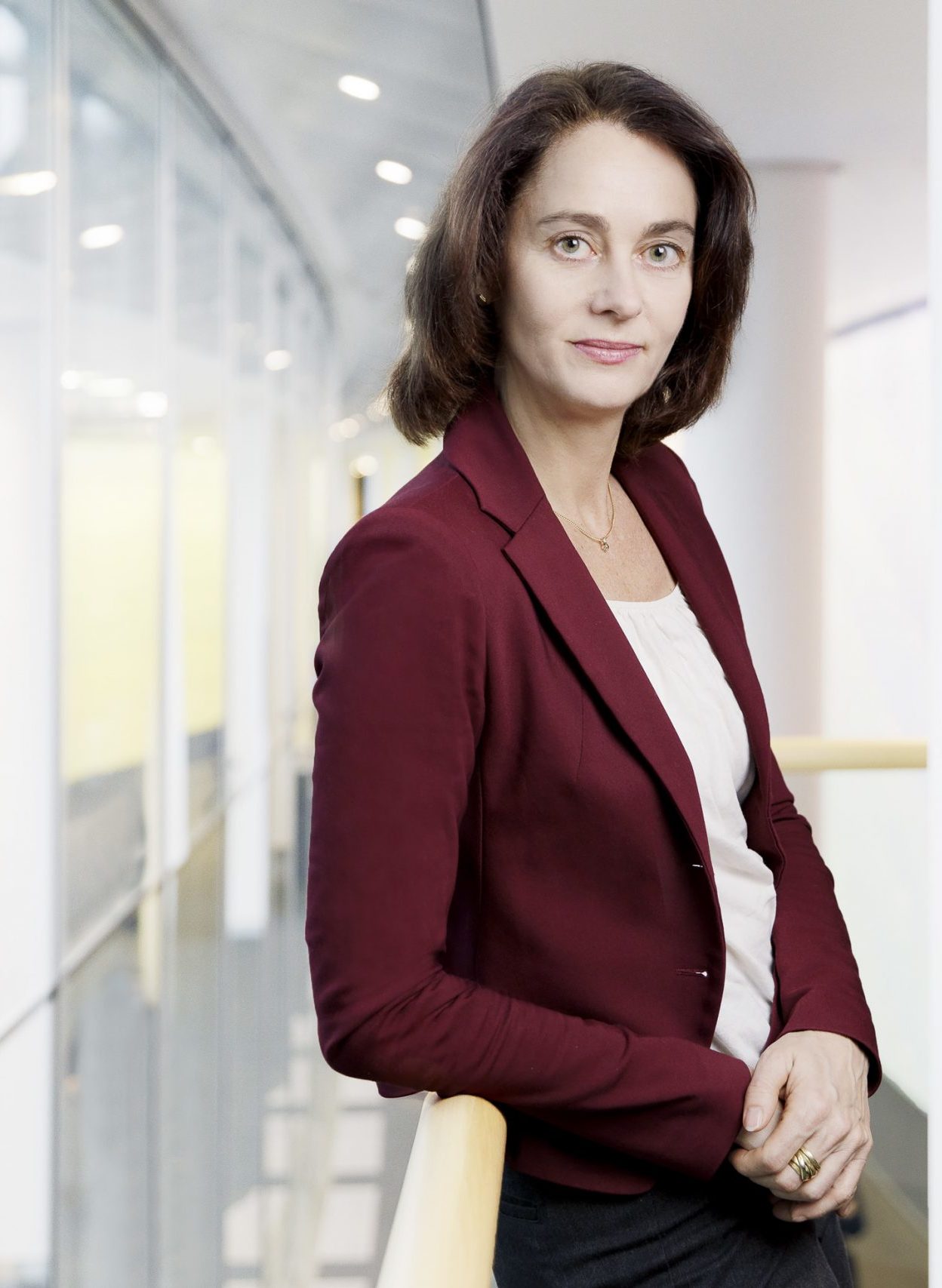
Katarina Barley
Vice President of the European Parliament
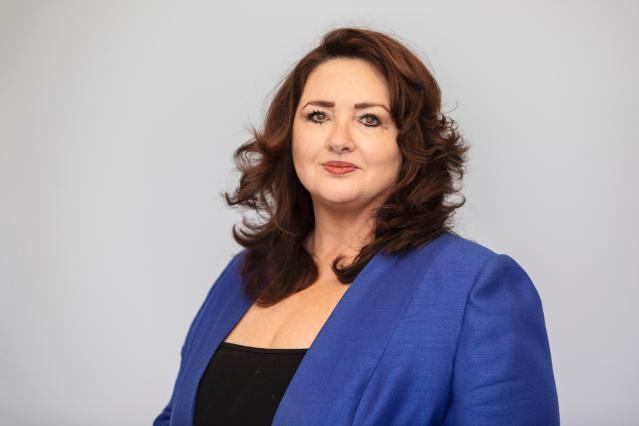
Helena Dalli
European Commissioner for Equality
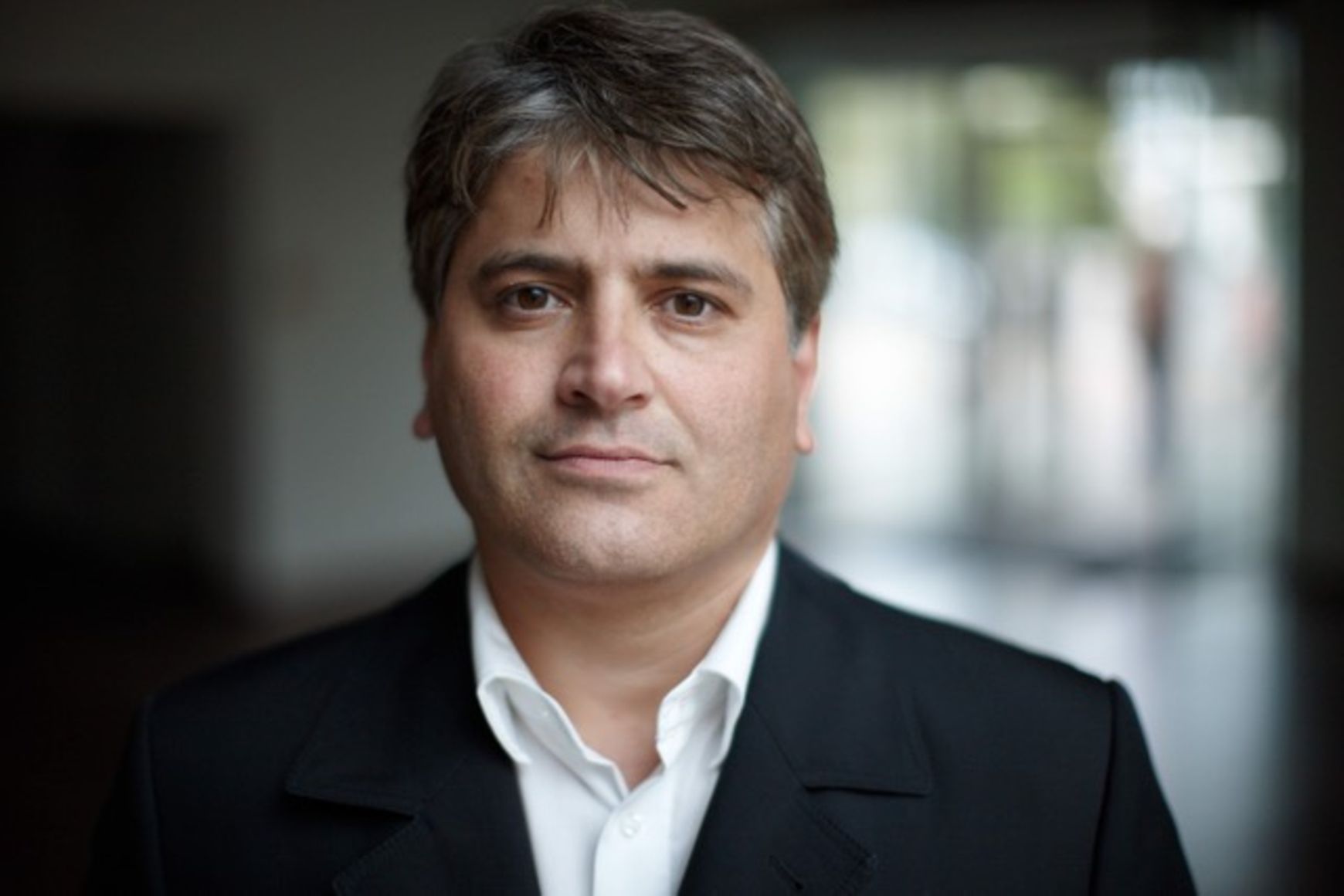
Mehmet Daimagüler
Dr. Mehmet Daimagüler, Antigypsyism Commissioner of the Federal Government
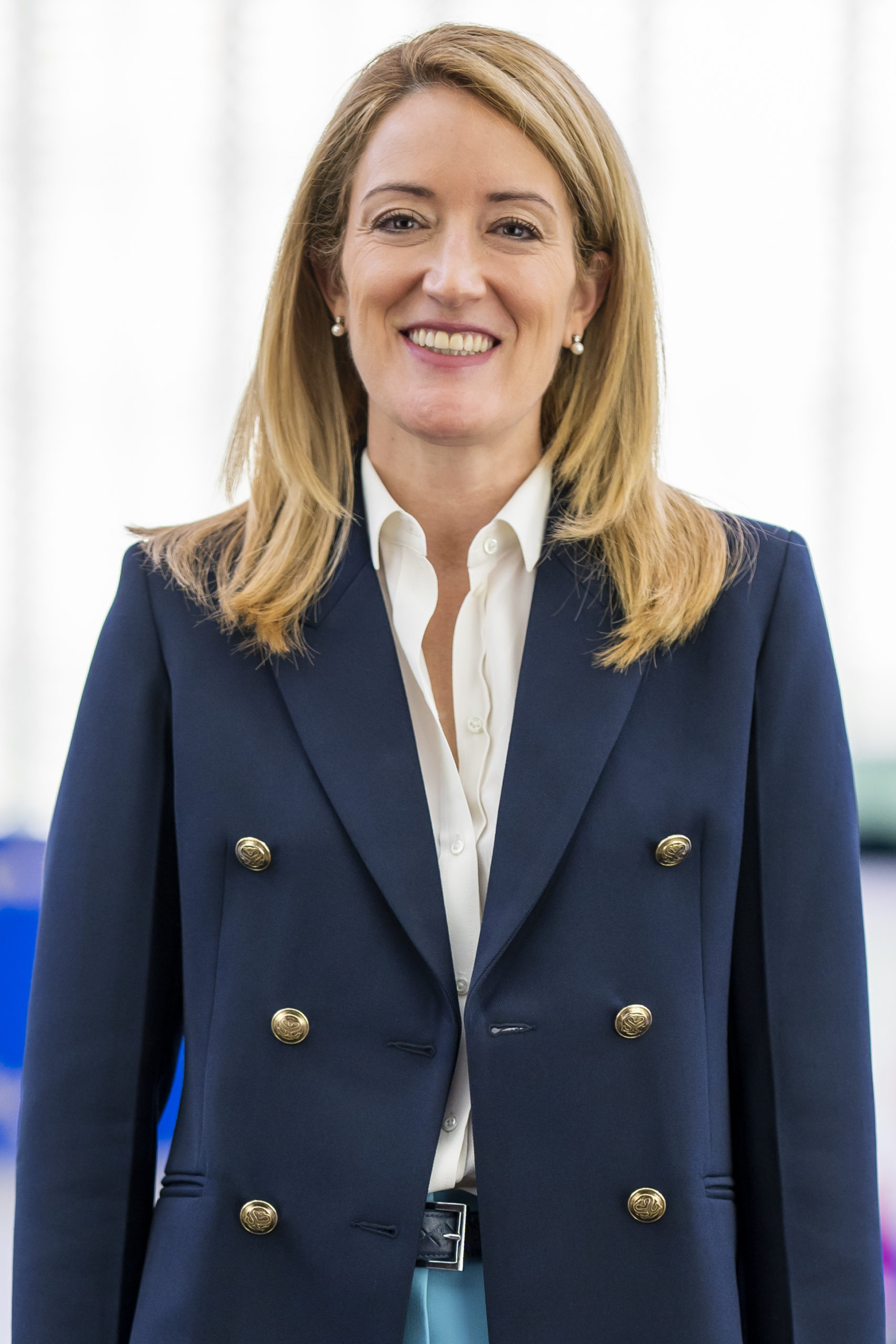
Roberta Metsola
Roberta Metsola, President of the European Parliament
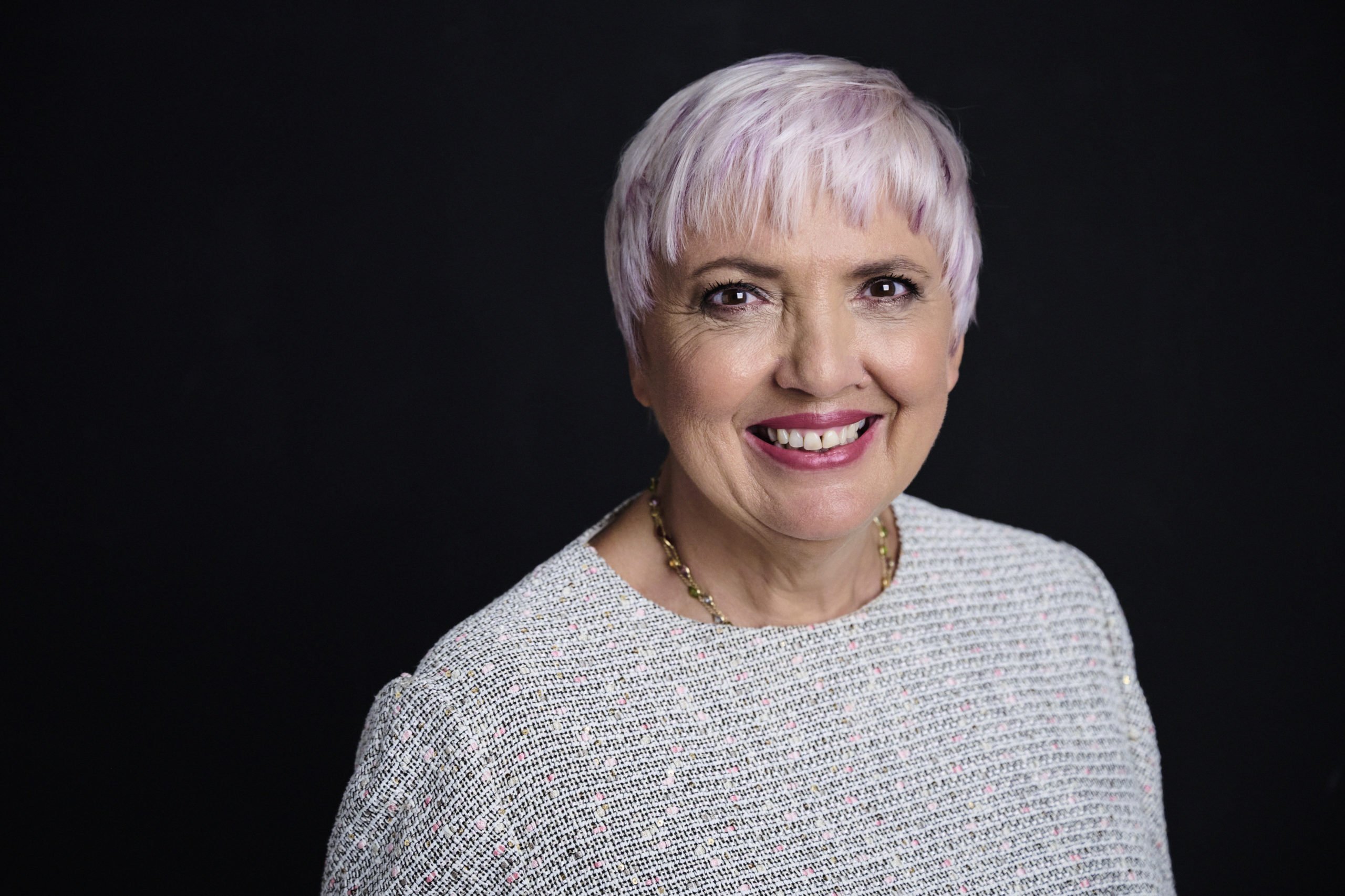
Claudia Roth
Vice President of the German Bundestag
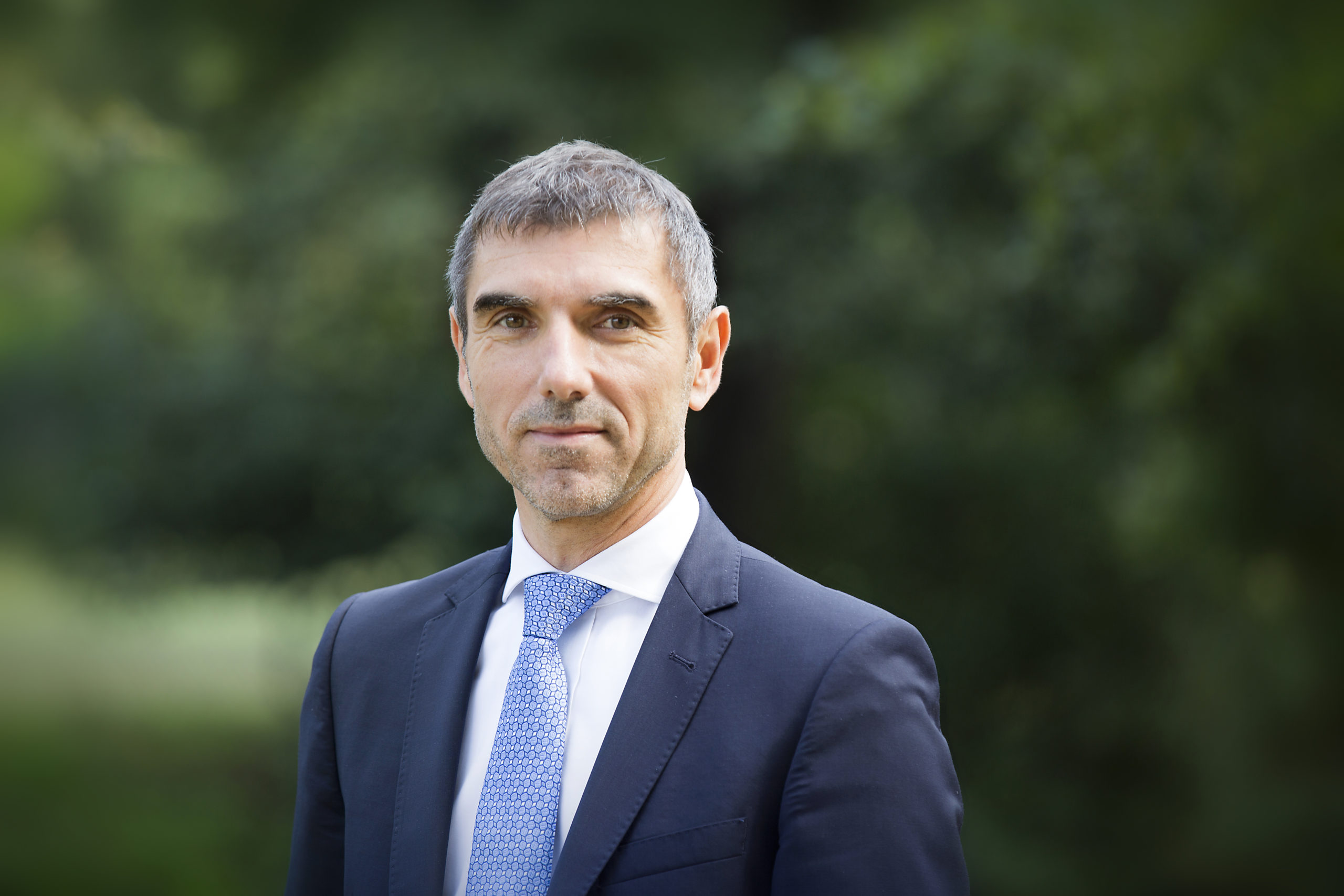
Paul Blokhuis
Dutch State Secretary Paul Blokhuis
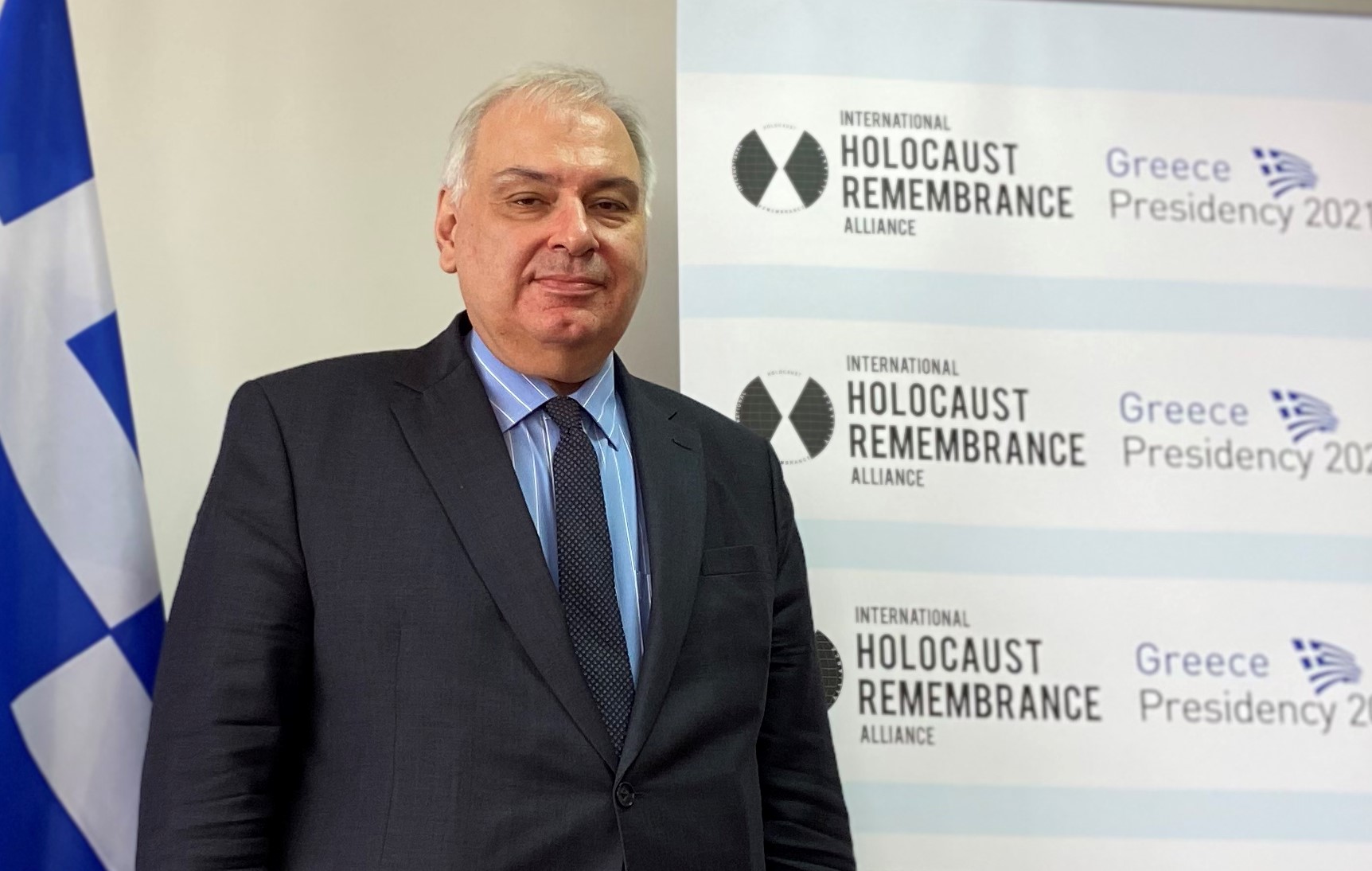
Chris J. Lazaris
Amb. Chris J. Lazaris, IHRA Chairman
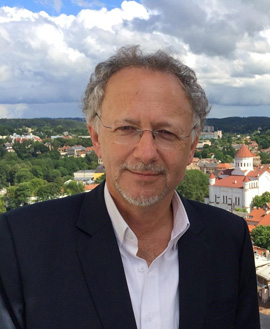
Fernand des Varennes
UN Special Rapporteur UN minorities
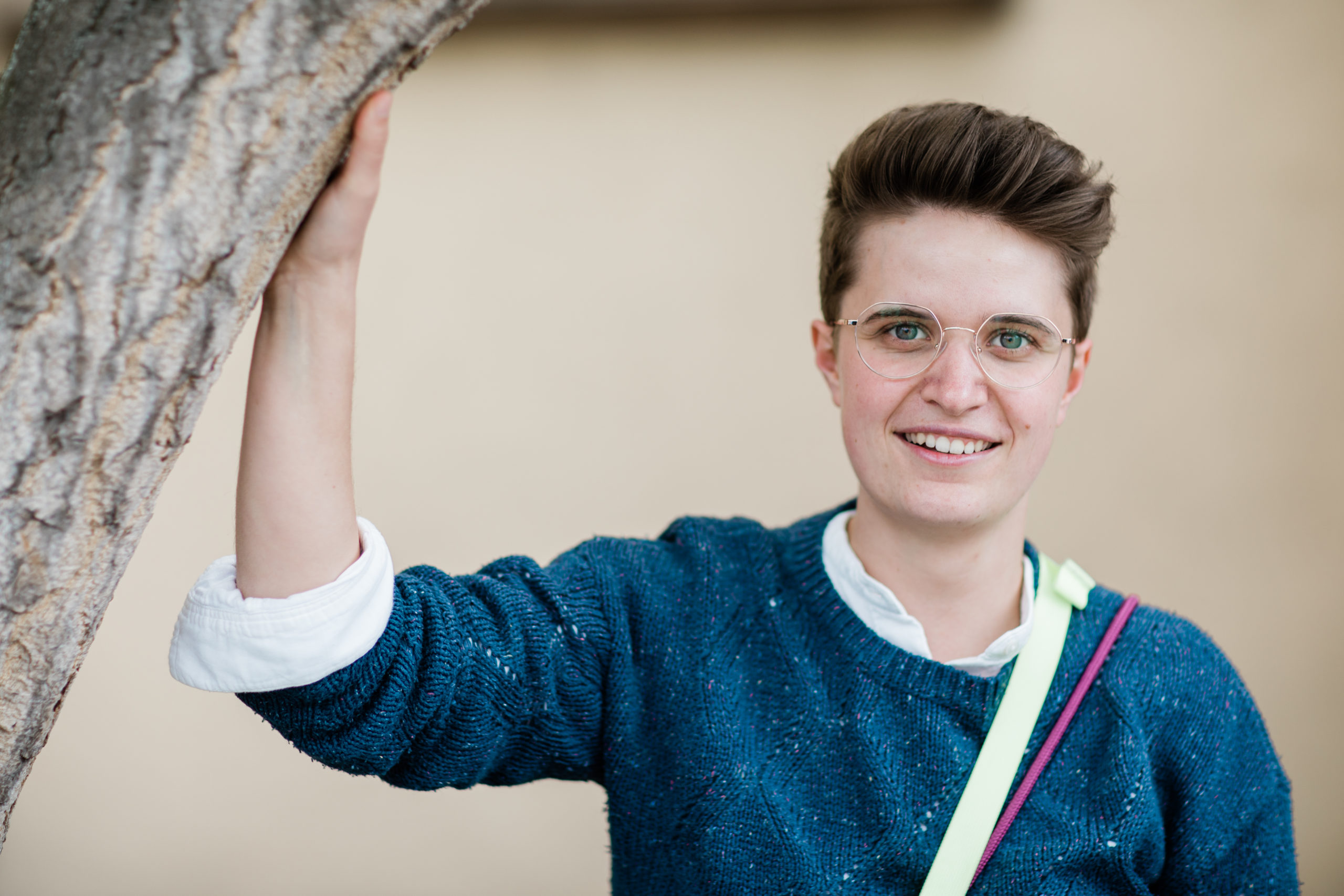
Anna-Nicole Heinrich
President of the Synod of the Evangelical Church in Germany (EKD)










